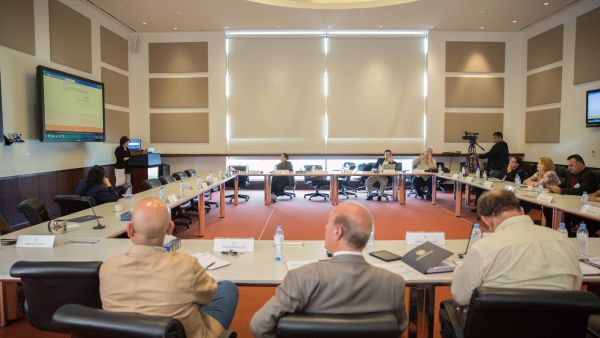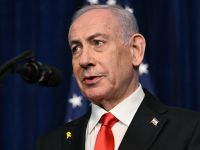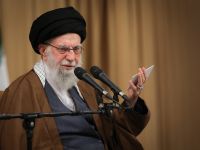GU-Q hosts roundtable on teaching Arabic in the context of the Common European Framework of Reference for Languages

The Arabic Heritage Program at Georgetown Qatar University (GU-Q) has recently held a roundtable on teaching Arabic in the context of the Common European Framework of Reference for Languages (CEFRL) and comparing it to other references and frameworks, such as the standards of the American Council on the Teaching of Foreign Languages (ACTFL).
The roundtable hosted four sessions, featuring some notable experts in the field. Dr. Yehia Abdelmobdy Mohamed, Assistant Professor of Arabic at GU-Q and organizer of the roundtable, pointed out that the discussion started by comparing ACTFL to the European framework in regards to their historical and cultural contexts, vision, goals, and description of standards and linguistic levels for each of them.
The roundtable also highlighted CEFRL’s various linguistic levels and skills, in addition to designing curricula, tests and assessment tools according to this framework. Some papers that were presented throughout the discussions elaborated on the unique characteristics of the Arabic language and its cultural ingredients. Types of students that are commonly known as ‘Heritage Learners’ were also discussed.
Panel moderators included Professors Mahmoud Al Ashiri and Hany Fazza. Professor Abbas Al Tonsi, Director of the Arabic Program at GU-Q, initiated the roundtable discussion by delivering a speech about the development of GU-Q’s Arabic Language and Culture Program. He also gave an introduction about the goals of these discussions and the theoretical frameworks for teaching Arabic to Arabs and non-Arabs. The final session featured an elaborated discussion on Arabic pedagogy and the theoretical frameworks in light of the previous panel discussions. Participants recommended continuing to hold such discussions in order to come up with tangible results and progress in terms of the assessment tools and proficiency tests.
The event is part of the Arabic Heritage Program’s cultural and academic activities. Initiated in 2007, the program teaches Arabic language, culture and literature to Arabs and non-Arabs. The roundtable’s first edition held last year witnessed discussions on teaching Arabic language in GCC universities.
Background Information
Georgetown University in Qatar
Established in 1789 in Washington, DC, Georgetown University is one of the world’s leading academic and research institutions. Georgetown University in Qatar (GU-Q), founded in 2005 in partnership with Qatar Foundation, seeks to build upon the world-class reputation of the university through education, research, and service. Inspired by the university’s mission of promoting intellectual, ethical, and spiritual understanding, GU-Q aims to advance knowledge and provide students and the community with a holistic educational experience that produces global citizens committed to the service of humankind.
Located in Doha’s Education City, GU-Q offers the same internationally recognized Bachelor of Science in Foreign Service degree as Georgetown’s Capitol Campus in Washington, DC. This unique, interdisciplinary program prepares students to tackle the most important and pressing global issues by helping them develop critical thinking, analytic, and communication skills within an international context. GU-Q alumni work in leading local and international organizations across industries ranging from finance to energy, education, and media. The Qatar campus also serves as a residency and delivery location for the Executive Master’s in Emergency and Disaster Management along with the Executive Master’s in Leadership.






